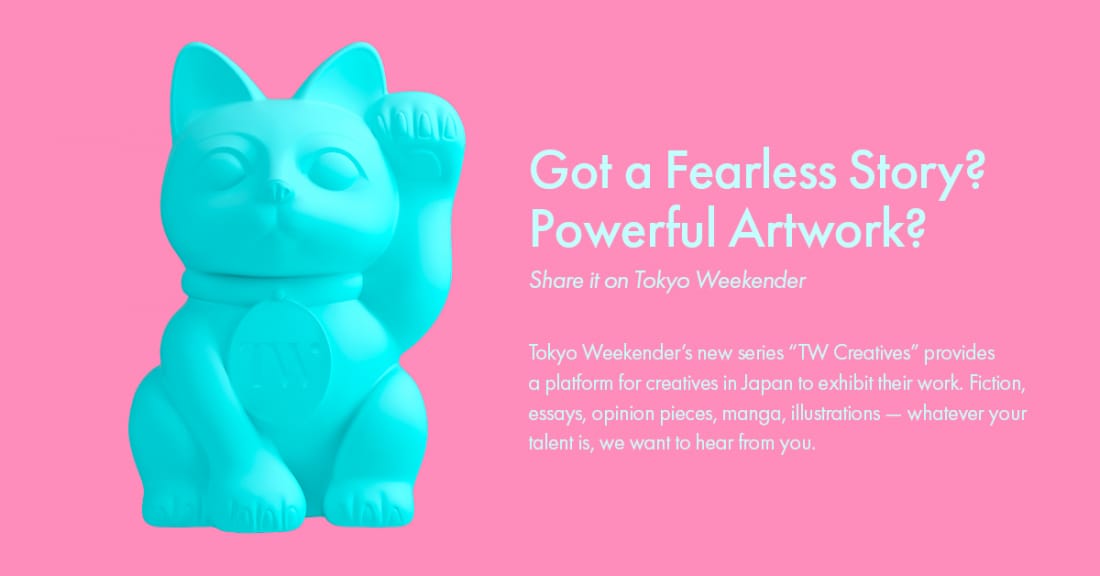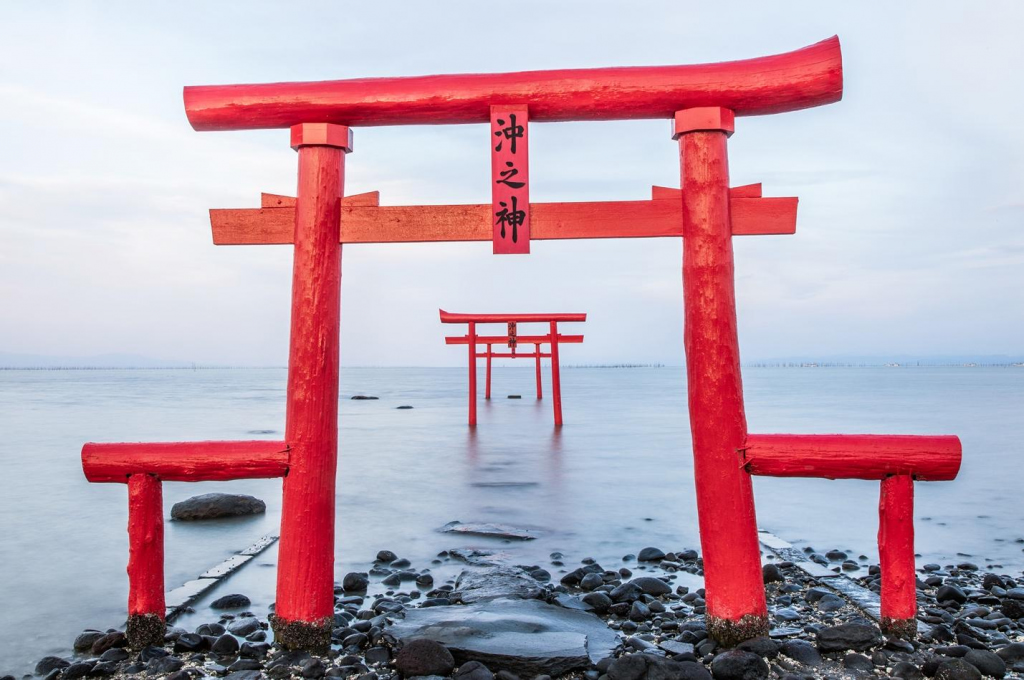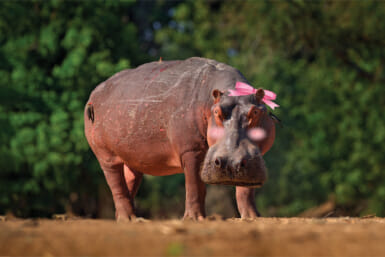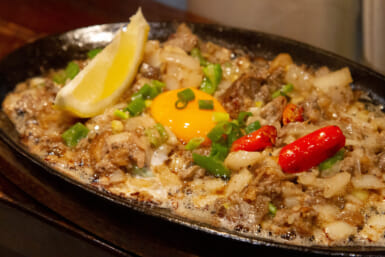Tokyo Weekender’s series TW Creatives feature various works by Japan-based writers, photographers, videographers, illustrators and other creatives in a bid to provide one additional platform for them to exhibit their talent. The works submitted here belong entirely to the creators — Tokyo Weekender only takes pride in being one of their most passionate supporters!
For this week’s entry, we introduce Tokyo-based photographer Ben Beech.
***
Ben is a freelance commercial photographer originally from England. He is currently based in Tokyo where he runs a small photography and print studio. Ben’s photographic career started in the music industry in London in the mid-2000s, working with a variety of artists and music publications. In 2008, he relocated to the rural setting of Nagano Prefecture to learn the language and culture of Japan. Two years later he relocated once again to Tokyo, where he is now settled and working as a full-time freelance photographer specializing in travel, documentary and editorial commissions.
Working extensively in the Japanese travel industry for a number of years, Ben has had the opportunity to visit a plethora of interesting and beautiful places, both on and off the beaten track, allowing him to shoot a range of locations, people and unique elements of Japanese culture. He is now selling a selection of these images as fine art pieces for the home, through his new online print shop. The diverse collection of images, which is divided into four galleries, reflects the various facets of Japan including its beautiful landscape, rich culture and even dilapidation. All images are printed and framed by hand at his studio in Tokyo.

Warm in Winter – Amid the deep snow and deeper freeze of a Hokkaido winter, one corner of this lake remains fluid due to the presence of a hot spring nearby. This natural feature pumps a constant stream of geothermally heated water, creating a popular hang-out for local swans, who use it to keep warm during the colder months.

Tea at the Irori – An irori is a traditional Japanese sunken hearth. Used for heating, cooking and keeping water hot, it has played an integral part in Japanese domestic life for hundreds of years. This particular irori is located in a rest-house that was often frequented by samurai during the Edo Period (1603-1868) as they traveled to and from the capital city of Edo (present-day Tokyo).

Wedded Rocks – Two sacred rocks off the coast of Mie Prefecture represent the unity of a married couple. The rope that connects them is said to represent the boundary between the spiritual and earthly realms.

Frozen in Time – A traditional shop in a village that has resisted the temptation to modernise for many decades. The noren (hanging curtain sign) indicates that it is open for business. Everything about this building – the design, architecture and the noren itself – is reminiscent of the Meiji Period (1868-1912), when Japan opened to the world after nearly 300 years of isolation.

Fuji at Daybreak – Mt. Fuji presides over a new dawn at a lake in Japan’s Southern Alps, where a lone fisherman tries his luck.

Ruined Temple – A stately yet dilapidated Buddhist temple with a badly damaged roof sits in a deep forest in the countryside. Many rural areas are in decline in Japan due to negative population growth and the draw of large cities. Buddhism itself is also in decline, and over time some rural temples like this one fall by the wayside.

Adjacent Peaks – Trekking along the ridge of Mt. Happone, a break in the mountain mist that plagued most of the hike, allows a brief glimpse of the adjacent peaks in the Hakuba valley. From left to right we can see Mt. Yarigadake, Mt. Shakushidake and Mt. Shiroumadake reflected perfectly in this small pond.

The Village Ironworks – The Village Ironworks was a family-run iron smelting business founded in rural Japan in the 1880s. It was once considered the most successful smelting plant in the whole of northern Japan. But as iron was slowly overtaken by steel, sadly business began to suffer in the 1990s. The company finally closed its doors for good in 2000, and the building has since sat in ruins.

Reflecting Calm – A lake at the foot of a Tohoku mountain reflects a wooden arch bridge that traverses it, on a calm autumn evening. The muted colours of dusk lend the scene an aesthetic reminiscent of an ukiyo-e image from a bygone era.
To learn more about Ben and his photographic journey through Japan, check out his Instagram account here and take a look at his online print shop here.
See also: Our 2018 interview with Ben here.
Exclusive Giveaway & Special Offer
Partnering with Ben, TW is giving away one framed print. To enter to win, send your name, Japanese postal address and your favorite place in Tokyo or Japan at [email protected].
A member of our editorial staff will randomly select a winner by March 31. Winners will be able to select their favorite print from Ben’s online shop.
Ben has also kindly offered a 10% discount on all framed photos on his site for TW readers, so be sure to take a look and see if there’s anything that takes your fancy! Use the discount code TWTENOFF at checkout.
Want to be featured next? Write us at [email protected]










